
Philly City Commissioners vote to increase poll worker pay ahead of November elections
It aims to address the staff shortages caused by the pandemic, when its elderly majority workforce began to retire.
Ahead of November’s general election, Philadelphia is combating worker shortages at poll stations and its latest effort is aimed at addressing it. The city has to fill over 8,500 positions for its 1,703 stations with over two months to go.
The City Commissioners voted on Wednesday, Sept. 14 to raise the pay for poll workers in an effort to combat the shortages and recruit some younger people.
According to an analysis of government data from the Pew Research Center on 2018’s Election Administration and Voting Survey, six in 10 poll workers (61%) were over the age of 61, including 27% who were over the age of 71. It is a pattern of a workforce that was majority elderly in the 2016 general elections as well, with 56% that year.
The COVID-19 pandemic proved to be detrimental especially for older Americans. According to the Centers for Disease Control and Prevention (CDC), over eight in 10 Americans who catch the virus and have COVID-related deaths are those over 61.
The city has struggled to fill positions in the post-pandemic world, as the majority elderly workforce at polling stations decided to retire at the beginning of the pandemic. The mass exits have left many vacancies and the city commissioners hope the pay increase will be enough to attract more people to fill the positions ahead of a pivotal election that is expected to have a huge turnout.
The latest pay change is now at the maximum amount that the state allows. Election Judges will see a pay increase from $120 to $205 a day, while inspectors will go from $115 to $200. Some counties also require interpreters, who will now make $180 compared to the previous $95 wage.
Commissioners Chair Lisa Deeley recently told KYW Newsradio that she hopes the 70% wage increase will be enough to entice some new prospective workers. There will also be a $50 stipend for attending training.
RELATED CONTENT
Those interested in being a poll worker can now sign up on vote.phila.gov, where they will fill out an interest form. Each polling station will require five workers all doing different jobs.
Besides the election judges and minority and majority leaders, clerks, machine inspectors, and interpreters are also needed at every site. They are all responsible for staying on-site from 6:15 a.m. to set everything up and make sure machines are in working order and wait until ballots are collected.
It is typically a 14-hour day.
Deeley also spoke to the Philadelphia Inquirer on the importance of poll workers to the electoral process in the city and beyond.
"Elections don't happen without the people — Election Day in Philadelphia happens because of Philadelphians. Your neighbors, your co-workers, your family members take the time to go to the polls at 6:30 in the morning, make sure the lights are on, make sure the tables are set up, the chairs, there's paper towels in the ladies' room, and the machines are working," she said.
The election will take place on Tuesday, Nov. 8.


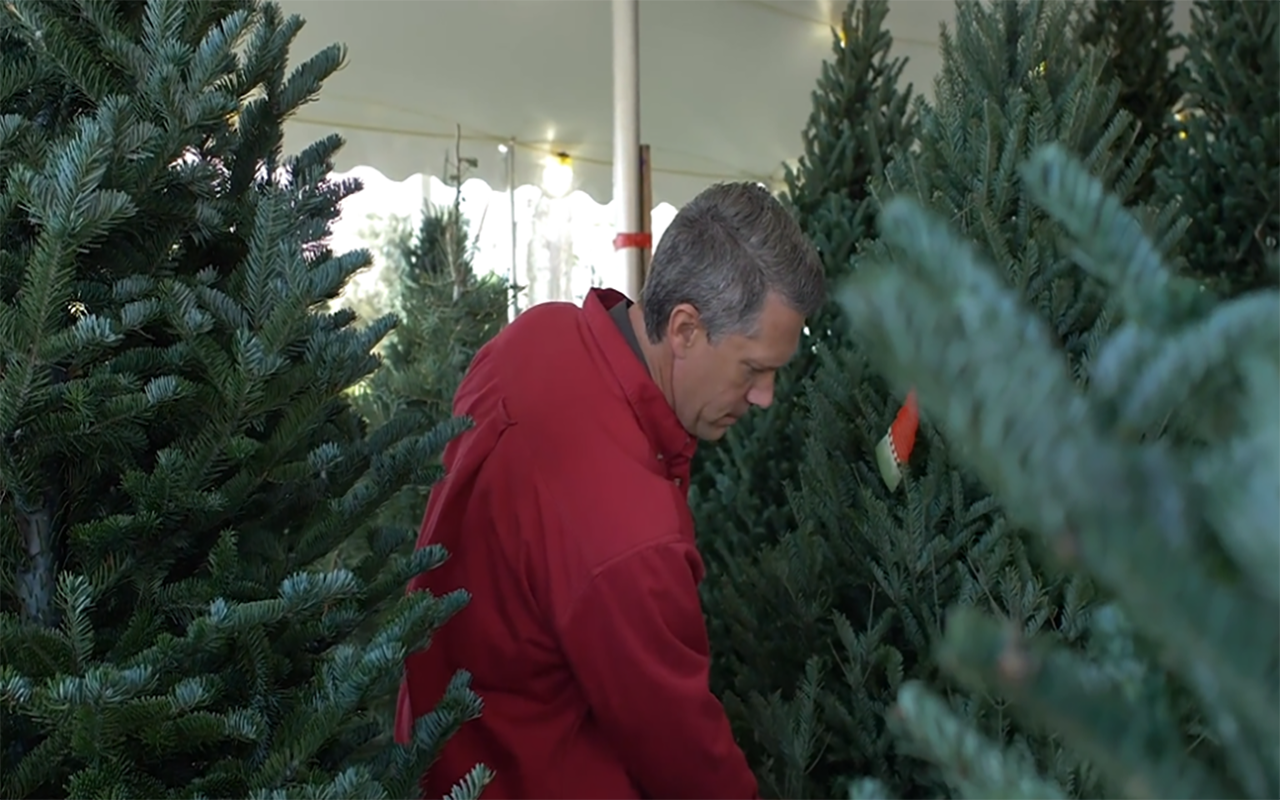
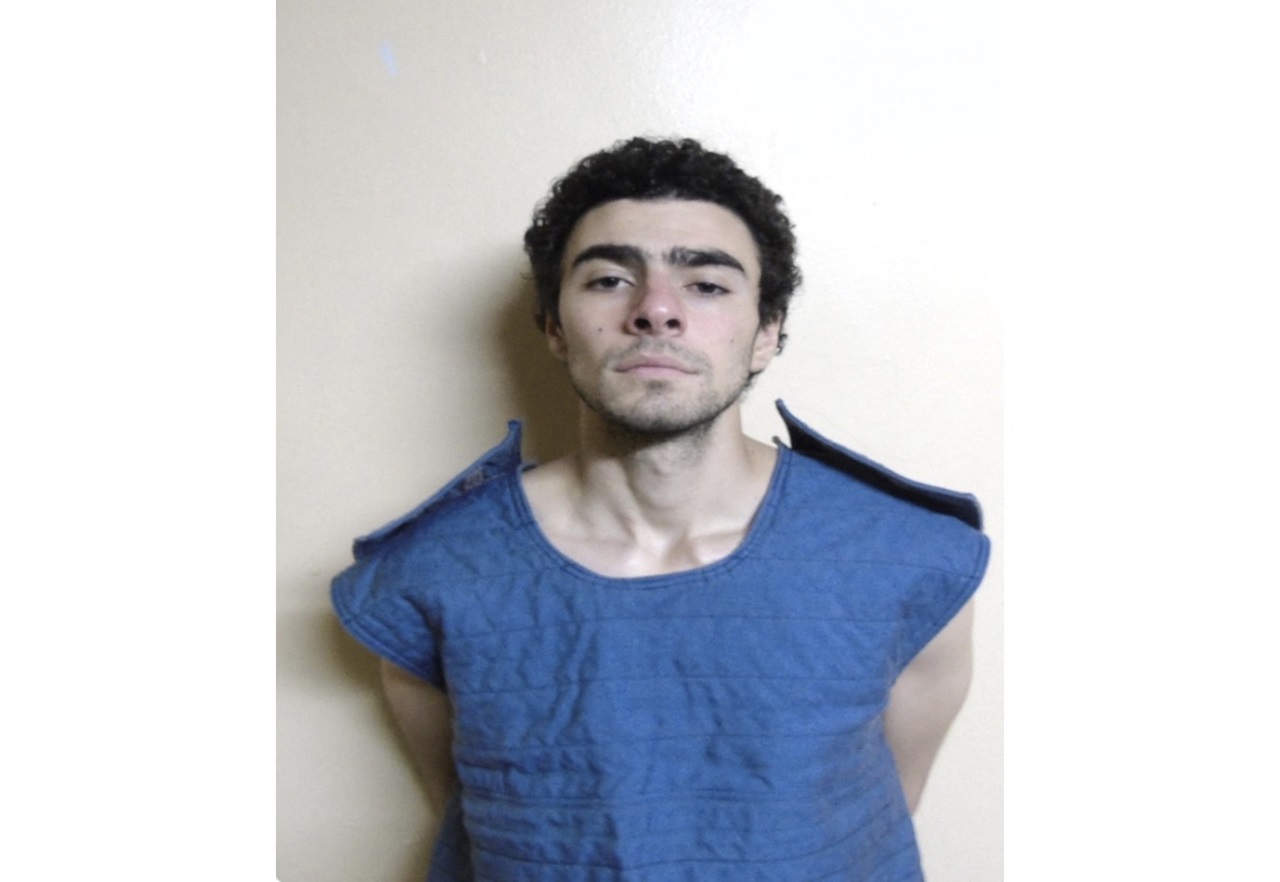
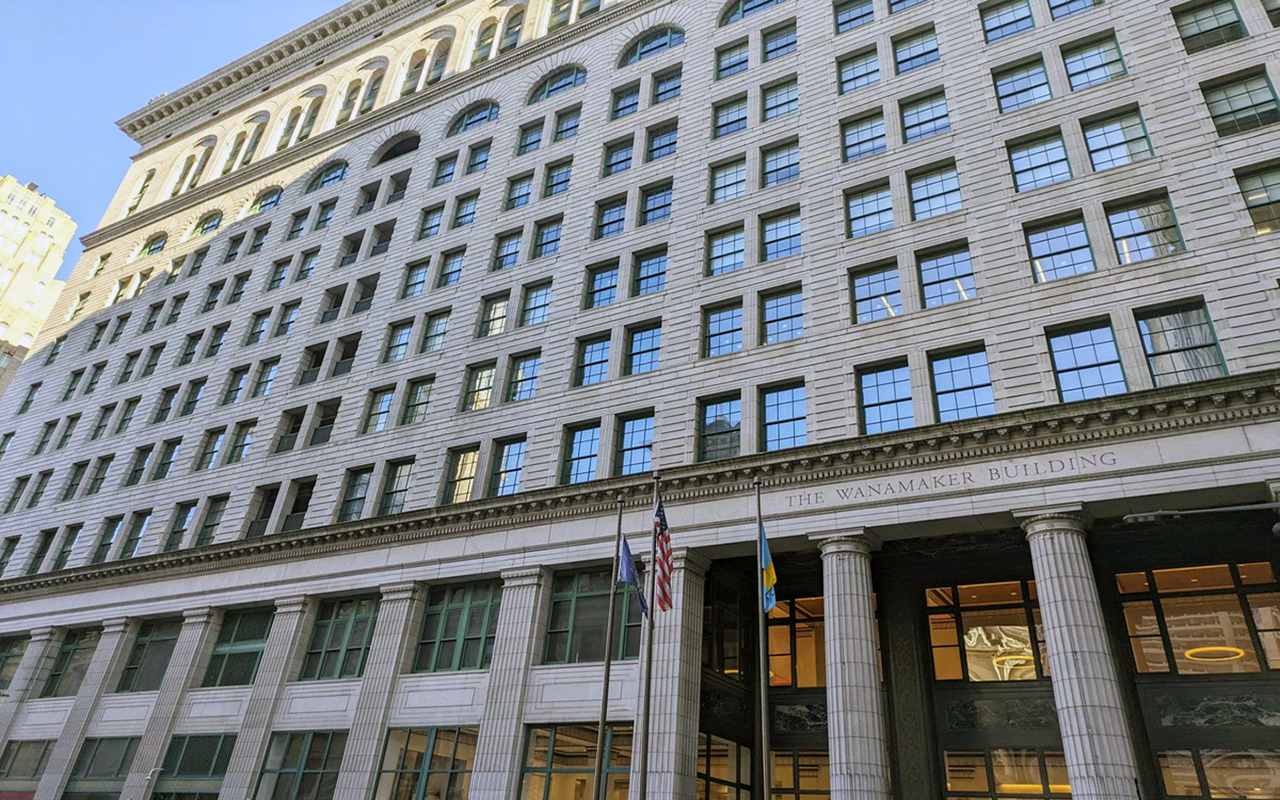

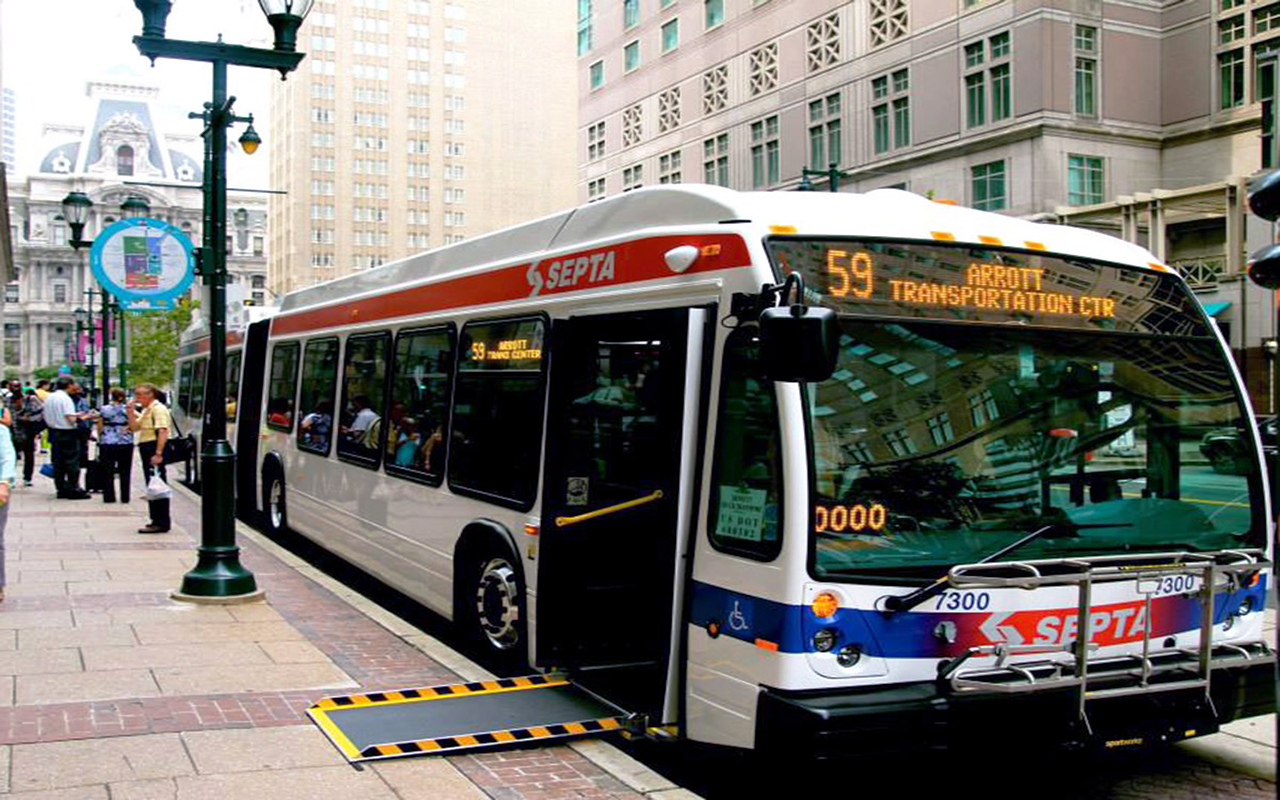
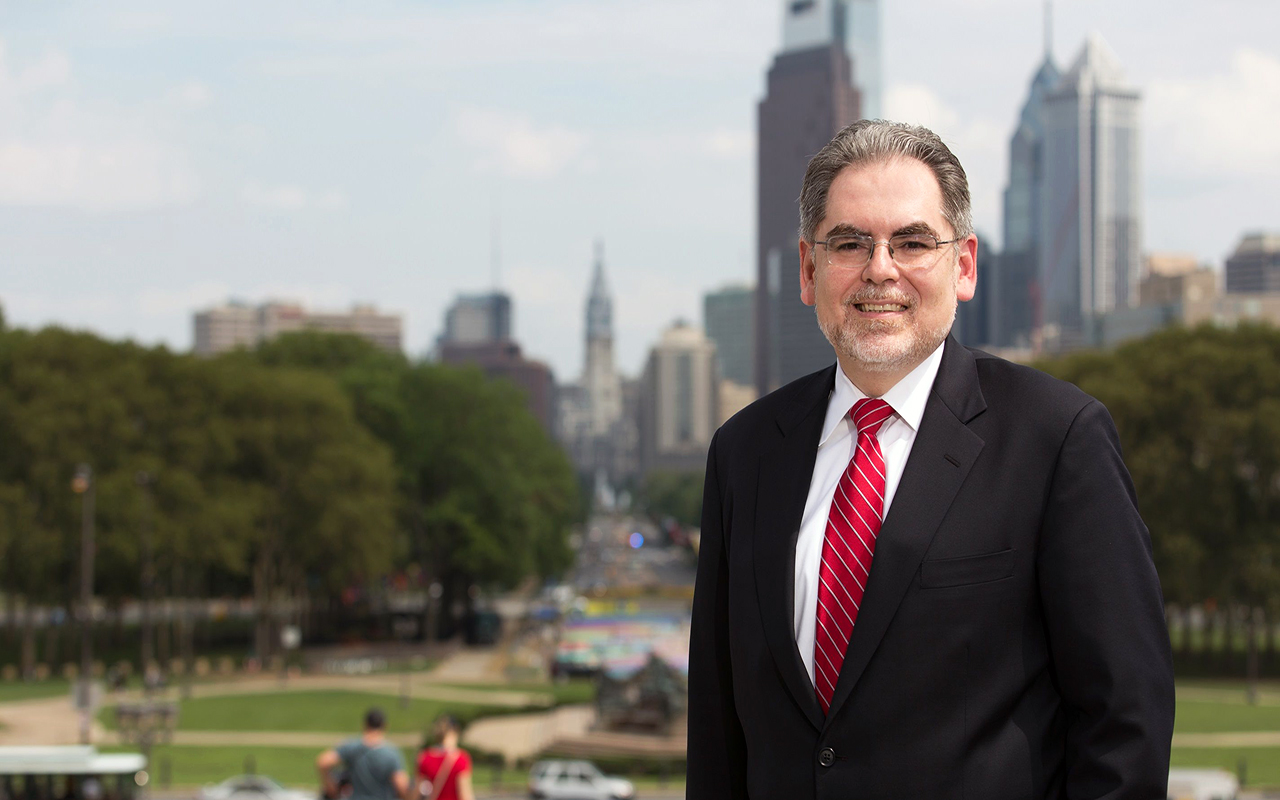

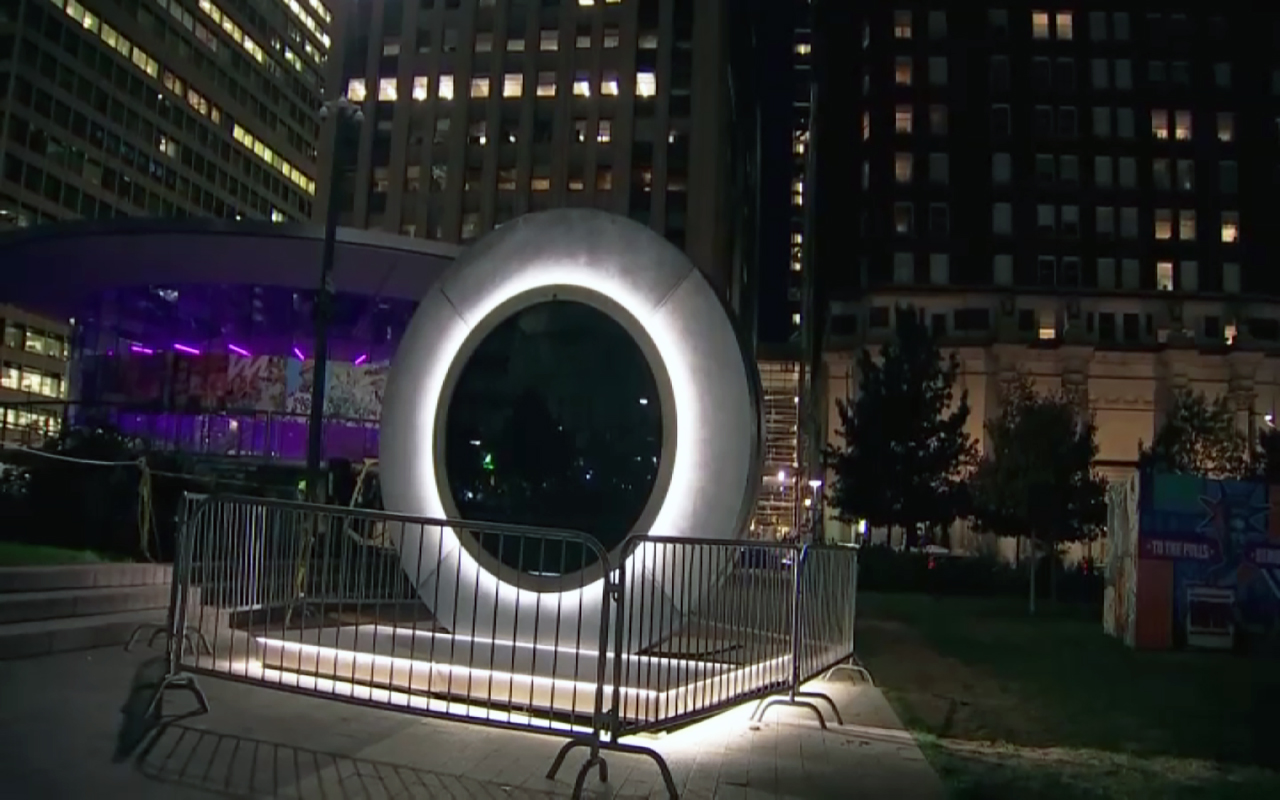

LEAVE A COMMENT:
Join the discussion! Leave a comment.